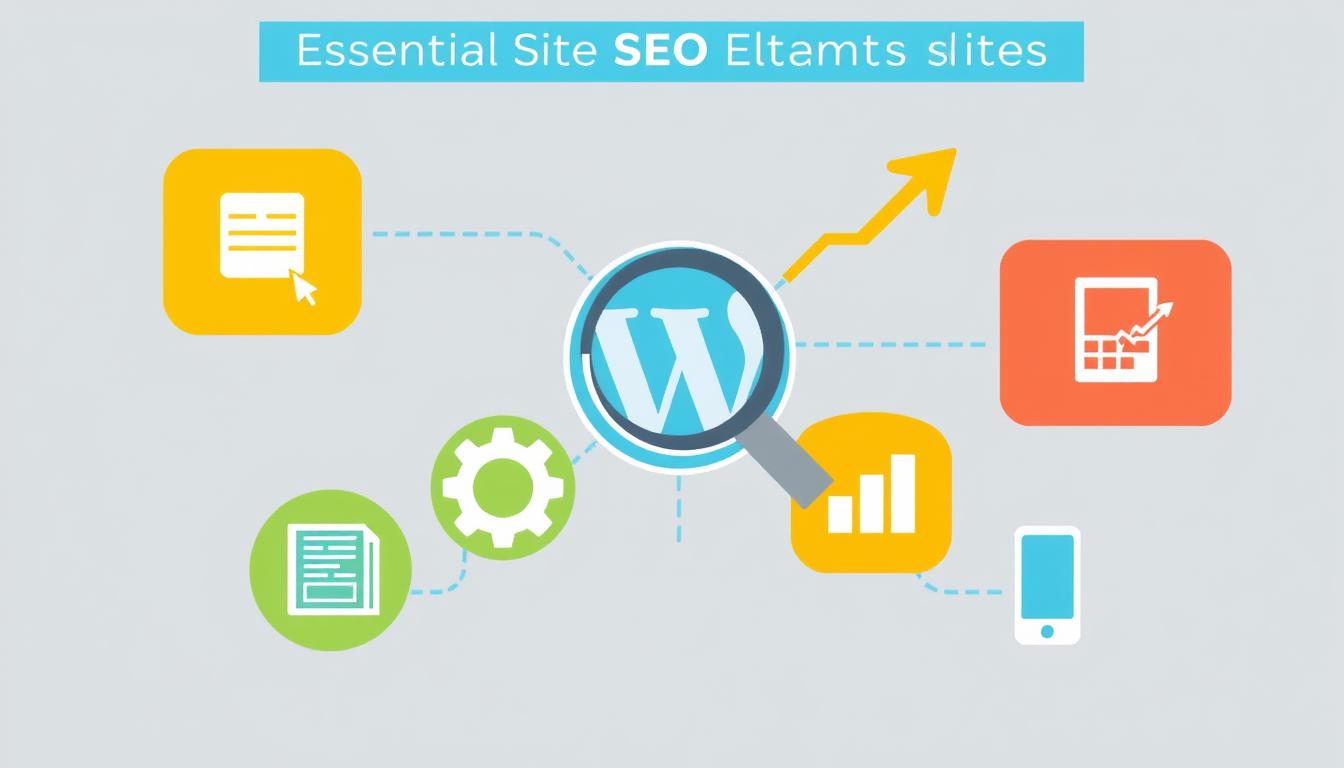1. Know who your customers are
2. Show them you care
3. Tell them you care
4. How to show them you care
5. Make it personal
1. Know who your customers are
This step is critical whether you operate ‘Business to Business’ or ‘Business to Customer’. Companies need to have a true understanding of all their customers so that they speak sympathetically and effectively to them all.
It’s also important to realise that there’s a big difference between knowing your customers and understanding them. Like an iceberg, with 10% is above the waterline and 90% below, knowing represents the 10% and you could classify this type of information as logical and fact based.
However, the factor that makes the real difference, and which represents the 90%, is your understanding of them. This is information at an emotional level – and that’s below the waterline.
The first thing to do is to write out the profile of your ideal customer, and as you do this, imagine them sitting opposite you so that you get a really good image of them in your mind.
If the range of your customers is wide, try to identify the average person. If you have more than one type of ideal customer, do it for each one. The key questions to ask are:
Fact-based information (above the waterline)
- Is your customer male or female?
- What is their name?
- How old are they?
- What do they look like?
- What are they wearing?
- What kind of work do they do?
- What do they earn?
- Do they have children?
- How old are the children?
- What kind of schools do the children attend?
- What does the spouse/partner do?
- What kind of car do they drive?
- What kind of dwelling do they live in?
Emotionally-based information (below the waterline)
- What do they care about?
- What causes them pain?
- What are their main fears and frustrations?
- What keeps them awake at night?
- What is the number one problem they need to solve?
- What would be the preferred outcome – what do they really want?
- What is the reason for them wanting that outcome?
- What would be the result of them achieving that outcome?
This exercise enables you to understand your customers as well as, and sometimes better than, they understand themselves.
2. Show them you care
If you can connect with your customers at an emotional level, you have the ammunition tosucceed. However, in order to do this, you have to care – and to show that you care. Think about the people in your own life with whom you connect at an emotional level. You go out of your way for them. You remember and celebrate their special occasions by possibly giving presents.
It’s the same with your customers. For example, once you know their needs, and if it doesn’t blow your budget, consider giving them something they would value. It might just be the spark that differentiates you from your competitors and it might encourage their loyalty.
3. Tell them you care
Many personal relationships flounder because partners are reluctant to express their true feelings about each other. It’s the same with customer relationships, so the message very simply is show them you care by educating them regarding your products, as well as motivating and inspiring them to keep coming back to you, rather than to the competition.
4. How to show them you care
There’s a whole range of ways to build customer loyalty and to keep them interested in your organisation. Examples are newsletters, blogs, emails, tele-seminars and webinars.
5. Make it personal
When you communicate with your customers, do it on a personal level. Inject your personality into your messages. Don’t at any cost let them think that you’re sending out mass mailings. Let your friendship shine through. Write as you speak. Talk from your heart. If you have children, let people know how they’re getting on at school. If you have pets, talk about them. Find out your customers’ birthdays and anniversaries and wish them happiness on the day. These things make a real difference to building customer loyalty.



